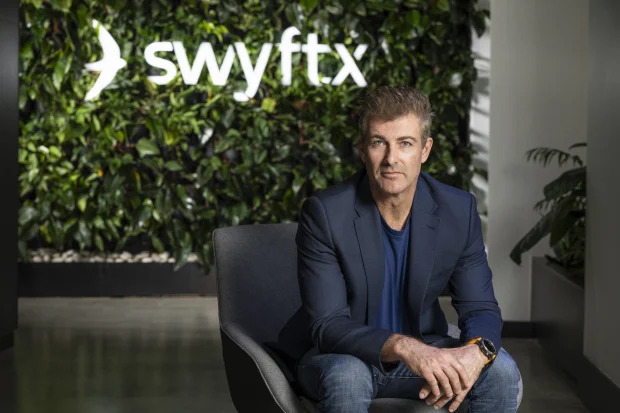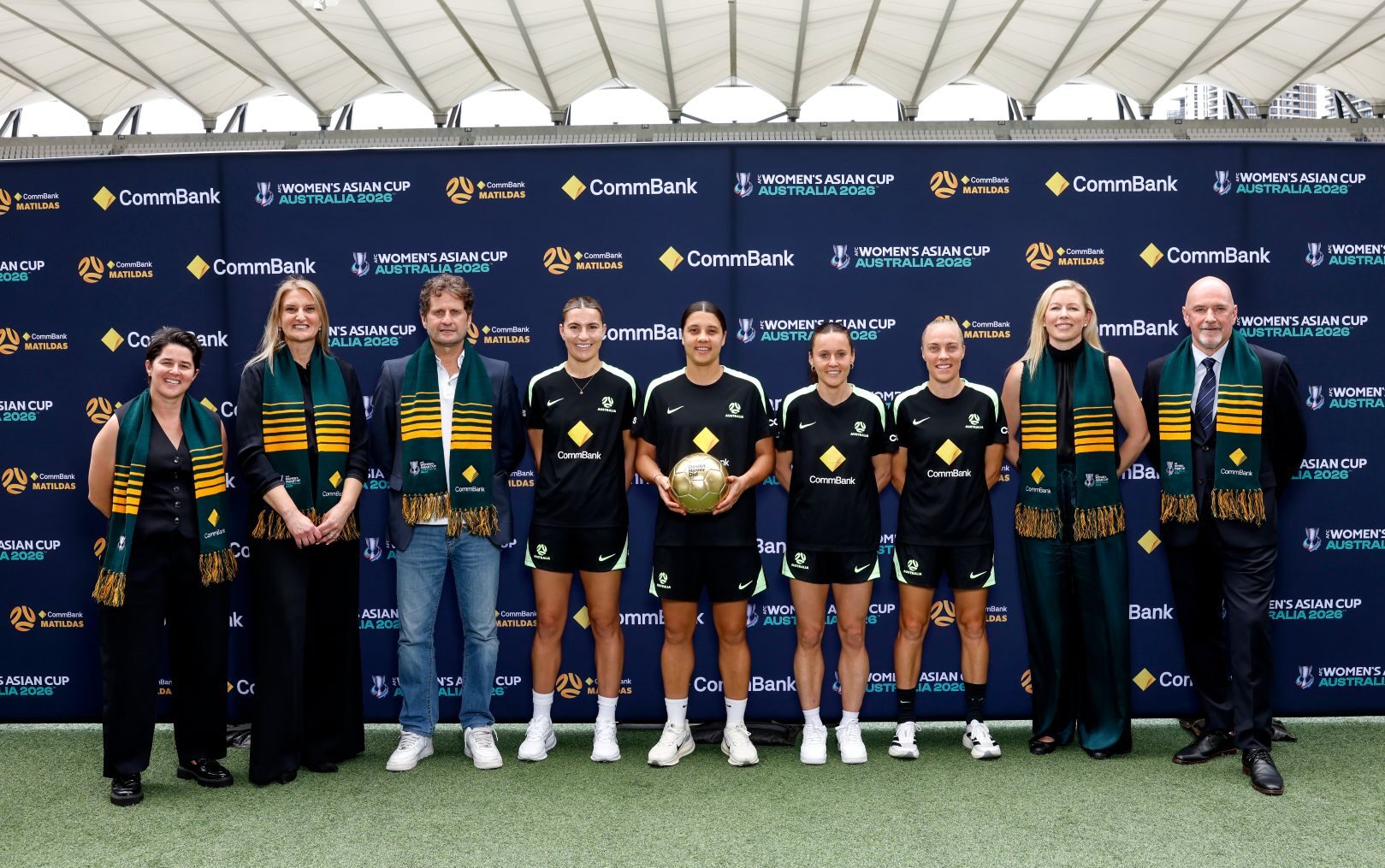What the Global Sport Industry Must Learn Before Entering Asia’s Next Sport Boom

In an opinion piece from by John Cairney & Rick Burton, wrote that Western sport is headed East, seeking youth, consumers, and massive returns.
Don’t look now, but Western sport is headed East again.
Flush with ambition—and investment—professional leagues, elite training centres, and universities are turning their gaze eastward toward India, Pakistan, Indonesia, Vietnam and Thailand. These five markets (representing more than 25% of the world’s total population) are brimming with youth, mobile-first consumers, and expanding middle classes.
What the above countries often lack, though, are high-performance systems, trained personnel, and institutional knowledge. That’s where Western sport sees opportunity: export the capitalistic playbook, ship in the talent, build the next cash frontier.
The market signals are hard to ignore. India alone, with a population surpassing 1.4 billion, is now the most populous nation on earth. Its sports economy is projected to grow to $100 billion by 2027, driven by leagues like the Indian Premier League (IPL) and rising investments in football, esports, and grassroots infrastructure.
Southeast Asia, home to more than 670 million people, is rapidly expanding its digital and live sport engagement, with esports alone projected to have reached $72.5 million in revenue by 2024. Pakistan, though often overlooked, has a youthful population of 240+-million and a deep-rooted passion for cricket, combat sports, and field hockey.
But there’s a catch.
The same leadership models, coaching methods, and talent development structures that work in the U.S., Australia, or Europe may not land as expected in collectivist cultures—places where identity is defined less by individual autonomy and more by community, hierarchy, and familial obligation.
What looks like empowerment in Miami or Melbourne might feel like abandonment in Mumbai or Medan. What’s praised as self-expression in Los Angeles could be seen as disrespect in Lahore.
In a recent Harvard Business Review article, David Livermore suggested that roughly 70% of the global workforce operates in cultures that prioritise hierarchy and group cohesion over independence and egalitarianism. Yet, the sport systems the West would like to export — our coaches, our sport science models, our academic curricula — are steeped in Western values: individualism, meritocracy, direct feedback, and decentralised decision-making.
This isn’t just a cultural footnote—it’s a strategic blind spot.
As Livermore explained in Leading with Cultural Intelligence, there are four essential components for navigating cultural complexity: CQ Drive (motivation to work across cultures), CQ Knowledge (understanding cultural norms and systems), CQ Strategy (ability to plan for multicultural interactions), and CQ Action (capacity to adapt behaviour in real time).
These are not just “soft skills”, they’re strategic competencies. In global sport diplomacy, where missteps can damage partnerships or stall progress, cultural intelligence is a critical differentiator.
Take for example a Western coach brought into a national training centre in Southeast Asia. Familiar with American or Australian staff taking initiative and engaging in open dialogue, this fictitious coach may be stunned by the lack of questions, silence in team meetings, and visible deference to authority.
Rather than read it as disinterest, a culturally intelligent leader must understand these are signs of respect and relationship-based communication.
Or consider the launch of a sport science degree program in South Asia, structured around open critique, flipped classrooms, and self-directed research. Enrolment might be high, but if the pedagogy doesn’t respect local learning traditions—often built on authority-driven instruction, respect for seniority, and collective achievement—it risks alienating students or underdelivering on outcomes.
To succeed in this next wave of sport globalisation, cultural intelligence can’t be a buzzword. It must be a strategic imperative. That means more than hiring translators or celebrating local holidays.
It means doing the deep, often uncomfortable work of listening—really listening—to how authority, feedback, success, and failure are interpreted. It requires designed systems and programs capable of growing in the cultural soil where they’re planted. This means an avoidance of replicating models that worked at home.
Some organisations are starting to understand this. La Liga’s expansion into India has included not only digital fan engagement but on-the-ground development academies run in collaboration with local coaches. FIFA’s Forward Programme in Southeast Asia now emphasises culturally sensitive governance and stakeholder inclusion.
Why? Because, if the goal is real partnership, not just market penetration, Western investors and new revenue hunters need to shift from exporting excellence to co-creating relevance.
Asia doesn’t need a carbon copy of the West’s sport system. It needs systems reflecting local realities, values and aspirations — built with global expertise but also cultural humility.
In the race to globalise, it’s easy to treat culture as a variable to manage rather than a core asset to embrace. Those who succeed in the next decade won’t be the ones with the best blueprints. They’ll be the ones who know how to draw with local ink.
John Cairney is Head of the University of Queensland’s School of Human Movement and Nutrition Sciences while also serving as Deputy Executive Director for the Office of 2032 Games Engagement and Director of the Queensland Centre for Olympic and Paralympic Studies. Rick Burton is an honorary professor at the University of Queensland, the David B. Falk Emeritus Professor of Sport Management at Syracuse University, and a co-author of The Rise of Major League Soccer (Lyons Press).
Don’t miss out on the latest in sports business – Subscribe today to the free Ministry of Sport newsletter and stay ahead of the game. For even more exclusive insights, event tickets, professional development and networking events, become a MoS Member today!.
Similar Stories

Collingwood Announces 2025 Financial Result
The Collingwood Football Club has delivered another robust financial result, reporting a net...

IMG Releases Digital Trend Results 2026
IMG has launched its Digital Trends Report 2026, which explores the technologies and...

Swyftx Posts $50.5m Profit as Crypto Trading Surge Fuels Revenue Growth
Brisbane-based cryptocurrency exchange Swyftx has reported a financial rebound, recording a full-year after-tax...
It's free to join the team!
Join the most engaged community in the Sports Business World.
Get all the latest news, insights, data, education and event updates.





